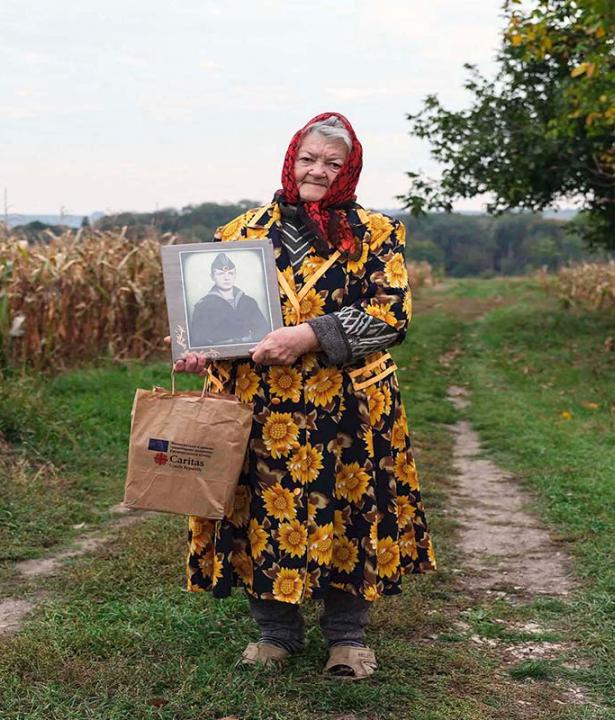Until the Second World War, the historical Bukovina was known as an extremely multi-ethnic and multi-religious region. Nevertheless, the (German-speaking) public perception is often dominated by accounts published in the context of the "Landsmannschaft der Buchenlanddeutschen" (Landsmannschaft of the Buchenland Germans) – so Jews rarely had their own say. This research project is therefore dedicated to those often "unheard citizens of Bukovina" – and thus enables further perspectives on the multi-ethnic (post-)history of this region.
Text
Since 2018, around 140 interviews have taken place as part of a large-scale interview project run by the Bukovina Institute. Since existing networks, especially those of the "Landsmannschaft der Buchenlanddeutschen" (Association of Buchenland Germans), were used to recruit interviewees, only a few stories from Jewish residents of Bukovina have been recorded so far – although Jews were mentioned in almost every interview. At the same time, immediately after the end of the war – similar to the situation in the Federal Republic – former citizens of Bukovina, who now lived in Israel, founded their own associations there. The Bukovina Institute's current project focuses on their narratives, thus adding a central element to the perspective(s) of multi-ethnic coexistence in Bukovina.
Funded by the Haus des Deutschen Ostens (HdO) in Munich, initially around 25 interviews are to be conducted from July to December 2021 – in Germany and Austria, but (digitally) also in Israel and the USA. Here, too, the archive of the Bukovina Institute offers the possibility of preserving cultural assets, photographs, official documents or other sources for the future. The recordings of the conversations, which last several hours, are stored in the archive of the Bukovina Institute and are then comprehensively processed, which involves creating memory protocols, keyword indexes and full transcripts.
Funded by the Haus des Deutschen Ostens (HdO) in Munich, initially around 25 interviews are to be conducted from July to December 2021 – in Germany and Austria, but (digitally) also in Israel and the USA. Here, too, the archive of the Bukovina Institute offers the possibility of preserving cultural assets, photographs, official documents or other sources for the future. The recordings of the conversations, which last several hours, are stored in the archive of the Bukovina Institute and are then comprehensively processed, which involves creating memory protocols, keyword indexes and full transcripts.
External Image

External Image

External Image






